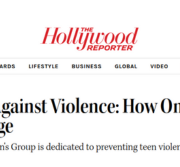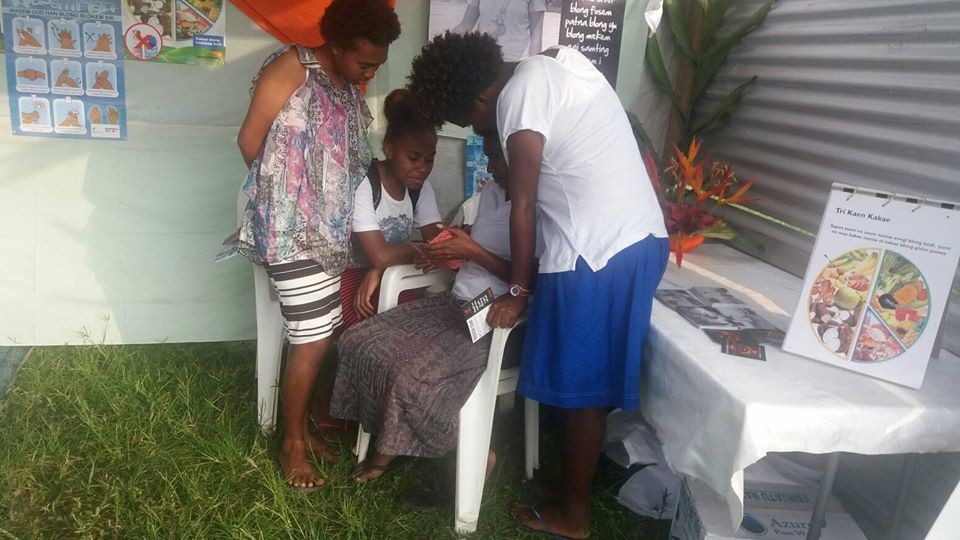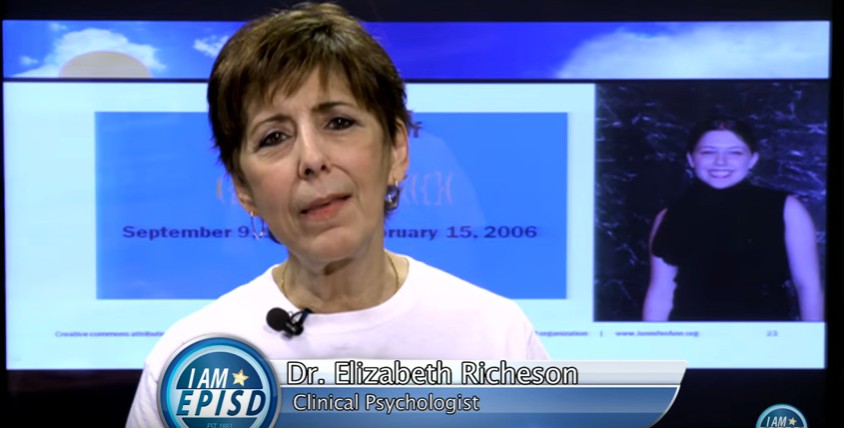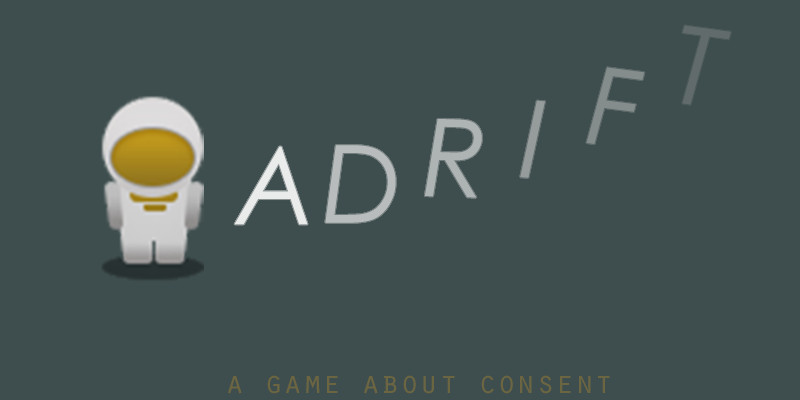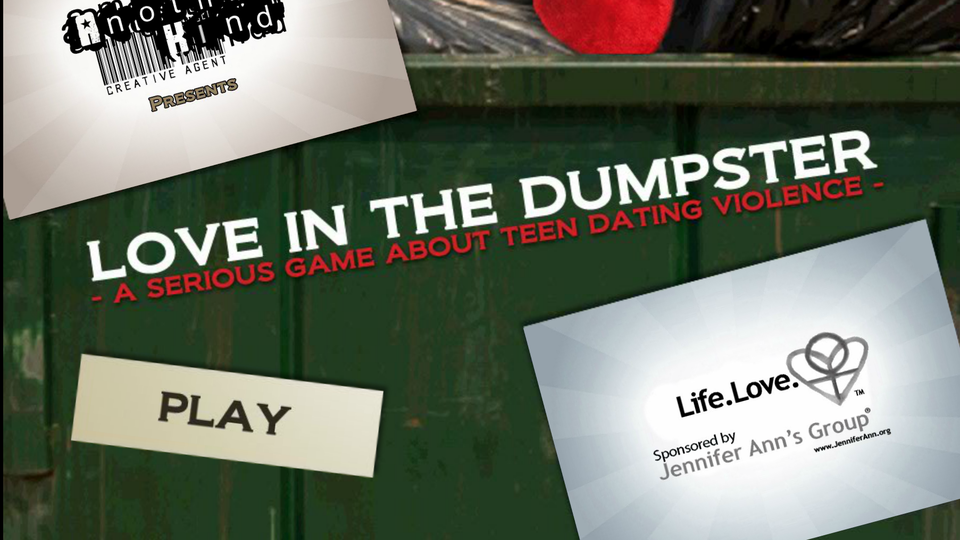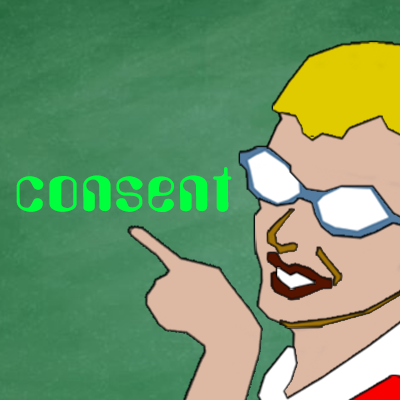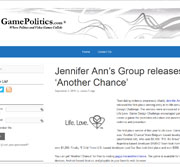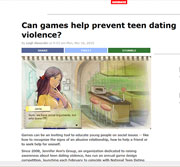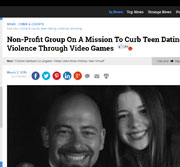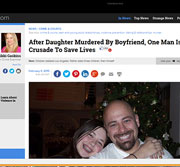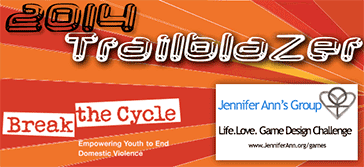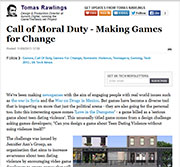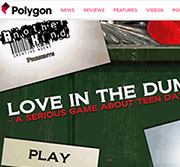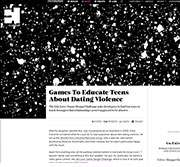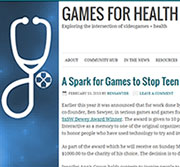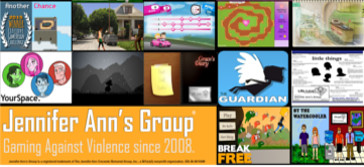 Problem Statement:
Problem Statement:
Teen dating violence is a serious, but preventable, public health crisis with long-lasting negative impacts at the local, regional, and national level. Current approaches to prevention are hindered by many complicating factors and innovative evidence-based solutions for prevention are desperately needed.
The Problem
Teen dating violence (TDV) is a pervasive, complex problem and current solutions are insufficient. Over 40% of all students in the U.S. will have been in an abusive relationship by the time they graduate from college with nearly 1.5 million high school students physically abused by a dating partner every year (Forke, et al., 2008; CDC, 2006).
Teen dating violence is defined as the physical, sexual, psychological, or emotional violence occurring within an adolescent dating relationship or stalking (CDC, 2017). Approximately 25% of all teens report having been abused by a partner within the past year (Foshee, et. al., 1996), 9.6% through physical abuse (CDC, Youth Risk Behavior Surveillance, 2015). Further, by the time they graduate from college, 44% of all undergraduate students in the U.S. will have been in an abusive relationship (Forke, et. al., 2008).
Although young women (ages 16 to 24) experience the highest rates of dating violence TDV is an “equal opportunity problem,” affecting teens throughout the United States regardless of gender, socio-economic status, race, ethnicity, or sexual orientation (Rennison & Welchans, 2000; The National Center for Victims of Crime, http://www.ncvc.org/).
